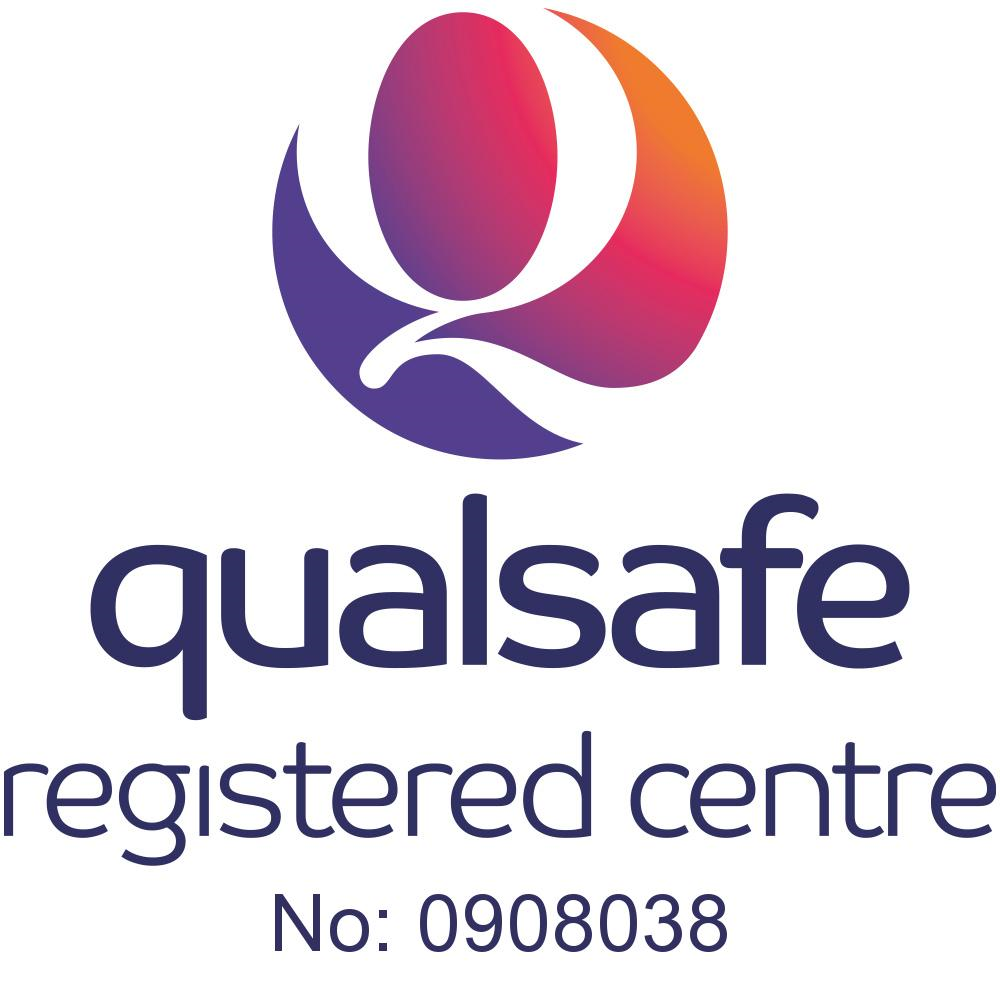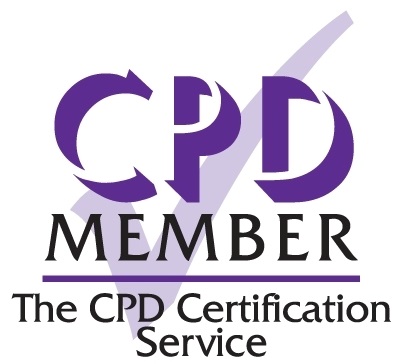Care Planning
Learning Outcomes
- Define a Care Plan according to current CQC, NICE, and CCA standards for person-centred care planning.
- Identify the role of personal choice and collaborative working in improving the care planning process.
- List the components that make up an organised and structured Care Plan, including the consideration of crises and contingencies.
- Describe how applying a SMART approach to care planning can enhance its effectiveness and outcomes.
Aim
This training aims to enhance learners’ knowledge and skills in supporting individuals through the various stages of the care planning process, while ensuring effective care planning that aligns with industry regulations and addresses the specific needs of individuals.
Why Customers would Benefit from the Care Planning Training Course?
Improved Person-Centred Care: This course will help customers understand how to create care plans that are specifically tailored to each individual’s needs, promoting person-centred care that prioritises the dignity and autonomy of service users.
Enhanced Compliance: By aligning care planning with CQC, NICE, and CCA standards, customers ensure that their practices meet the required industry regulations, reducing the risk of non-compliance and related penalties.
Holistic Approach to Care: Learners will gain the skills to take a holistic approach to care planning, integrating individual preferences, collaborative input, and crisis management strategies to create well-rounded, effective care plans.
Crisis and Contingency Preparedness: This training helps care providers to anticipate and plan for potential emergencies or unforeseen situations, ensuring individuals’ needs are met even during crises or disruptions.
Efficient Care Delivery: By using SMART goals, customers will learn how to set clear, measurable, and achievable objectives, making the care planning process more efficient and outcomes more trackable.
Efficient Care Delivery: By using SMART goals, customers will learn how to set clear, measurable, and achievable objectives, making the care planning process more efficient and outcomes more trackable.
Better Support for Service Users: Ultimately, learners will be better equipped to provide high-quality care by creating actionable and tailored plans that reflect each individual’s unique needs, preferences, and circumstances.

Key Benefits for Customers:
Regulatory Compliance
Customers will ensure they meet the latest CQC, NICE, and CCA standards for care planning, avoiding any legal or operational issues.
Improved Care Coordination
By learning the principles of collaborative working, customers can improve coordination between care teams and families, leading to better outcomes for service users.
Tailored Care Plans
The training helps customers understand how to design care plans that truly meet the specific needs and preferences of individuals, fostering a more personalised approach to care.
Proactive Crisis Management
Learners will know how to plan effectively for emergencies, reducing risk and ensuring continuity of care during challenging times.
Measurable Progress
Using SMART goals, customers can track the success of their care plans more effectively, ensuring progress is measurable and actionable
Enhanced Service User Satisfaction
Well-structured care plans that focus on both individual preferences and regulatory standards lead to improved satisfaction among service users and their families.
Professional Development
By completing the course, customers will demonstrate their commitment to professional growth, improving their skills and enhancing their role within the care sector.
Let’s Talk About Your Training Needs
Our friendly team is ready to help you build the right training solution for your care setting.
Care Planning
Course
Care Planning
Level
2
Practical
No
Duration
2-3 Hours
Certificate Length
2 Years
Number of Delegates
12
What Our Customers Say About Us

Registered Manager
Residential Care Home

Domiciliary Care Provider
Residential Care Home


